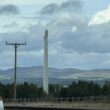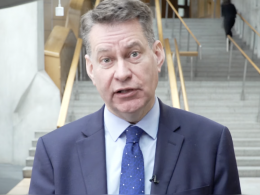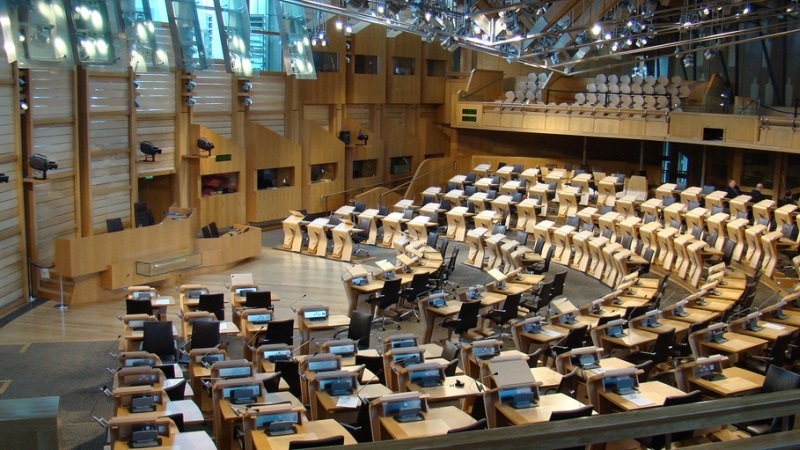The Scottish Government plans a new law to stop councils pursuing people for historic Poll Tax debts, First Minister Alex Salmond confirmed today.
The Poll Tax, or community charge, was a system of taxation introduced in replacement of rates in Scotland from 1989, a year prior to its introduction in England and Wales from 1990 – but was widely discredited, even before its introduction, and was abolished after only four years in 1993.
The move comes amid calls for the electoral register – currently at record high levels as a result of the unprecedented engagement with the democratic process through the independence referendum – not be used to identify and pursue Poll Tax arrears.
Legislation will be introduced in the Scottish Government’s forthcoming legislation programme that will mean councils will no longer have the ability to collect Poll Tax arrears, but will be compensated for outstanding amounts in line with current collection rates.
The move comes as the collection rate for outstanding arrears has fallen steadily, to the point that it totalled less than £400,000 in Scotland last year.
Mr Salmond said:
“The Poll Tax was a hated levy, which poured untold misery on communities across Scotland.
“It was a hugely discredited tax, even before it was brought in – and it was rightly consigned to history just four years after its introduction in Scotland.
“It is therefore not appropriate for councils to use current electoral records to chase arrears from decades ago. The electoral register should not be used to collect debts from a defunct tax – something which is even more important given the unprecedentedly high levels of democratic engagement we have seen recently.
“The amount of Poll Tax arrears which have been collected by councils across Scotland has fallen to near negligible levels in recent years, from around £1.3 million in 2009-10 to less than £400,000 in the most recent financial year.
“We will ensure that local authorities are properly compensated in line with current collection rates in respect of outstanding amounts and ensure that they are not out of pocket.”
Mr Salmond added:
“It is, of course, quite proper for councils to use current information to assess current Council Tax liability. Unlike the long dead, discredited Poll Tax, the Council Tax is a live levy which forms a key part of local authorities’ finances.
“We have frozen the Council Tax since 2007 and our Council Tax Reduction scheme currently protects over 500,000 of our most vulnerable citizens from increased liabilities following the UK Government’s abolition of the Council Tax Benefit.
“This issue also highlights the need to seek the power from Westminster to control the electoral register, specifically to remove the ability of the register to be sold to private debt collectors.
“After 25 years it is high time that the Poll Tax is finally consigned to the dustbin of history.”







